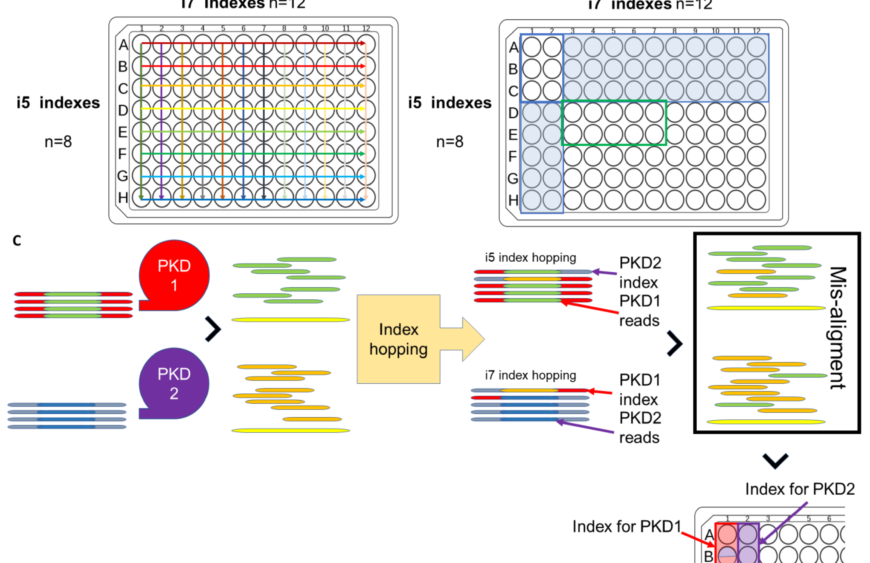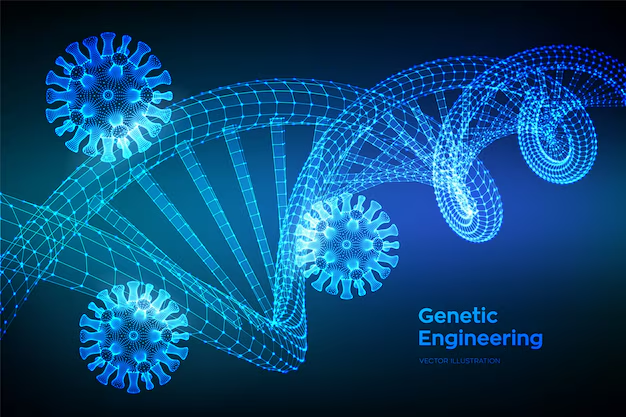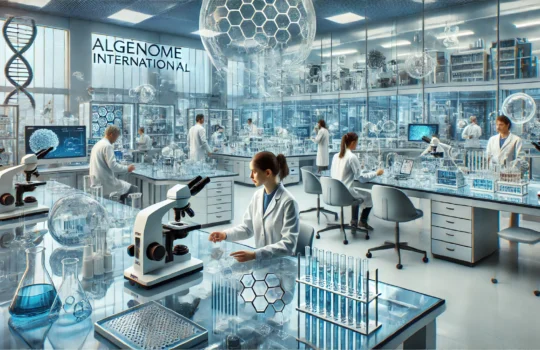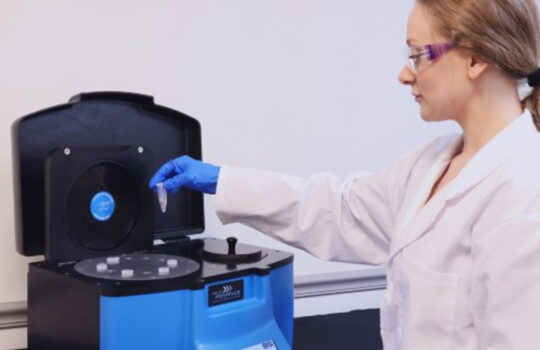Next-Generation Sequencing (NGS) has revolutionized the field of medical research, enabling scientists to analyze genetic material with unprecedented speed and accuracy. This technology has far-reaching implications in various domains, from disease diagnostics to personalized medicine. Here’s how NGS is transforming medical research:
1. Advancing Disease Diagnosis
NGS allows researchers to identify genetic mutations linked to diseases such as cancer, neurodegenerative disorders, and rare genetic conditions. This has led to earlier and more accurate diagnoses, ultimately improving patient outcomes.
2. Enhancing Personalized Medicine
By sequencing an individual’s genome, healthcare providers can develop targeted treatment plans based on genetic predispositions. This approach minimizes adverse drug reactions and improves therapeutic efficacy.
3. Accelerating Drug Discovery and Development
NGS plays a crucial role in identifying potential drug targets and understanding disease mechanisms. Pharmaceutical companies utilize NGS data to develop more effective and precise treatments.
4. Unraveling Microbial Genomics
Infectious disease research has greatly benefited from NGS, as it enables rapid sequencing of viral and bacterial genomes. This has improved outbreak tracking, vaccine development, and antibiotic resistance studies.
5. Facilitating Cancer Research
NGS has enhanced cancer research by identifying genetic mutations that drive tumor progression. Liquid biopsy techniques using NGS provide a non-invasive way to detect and monitor cancer in real time.
6. Improving Reproductive Health
NGS is widely used in preimplantation genetic screening (PGS) and non-invasive prenatal testing (NIPT) to detect chromosomal abnormalities and genetic disorders, leading to healthier pregnancies and newborns.
7. Enabling Large-Scale Genomic Studies
With NGS, researchers can analyze vast genomic datasets to uncover genetic variations and associations with diseases. Projects like the Human Genome Project and the 100,000 Genomes Project have been made possible due to this technology.
8. Strengthening Public Health and Epidemiology
NGS aids in tracking and controlling disease outbreaks by sequencing pathogens in real-time. This has been particularly valuable in monitoring COVID-19 variants and other infectious diseases.
9. Enhancing Agricultural and Environmental Research
Beyond medicine, NGS is used in studying plant and animal genetics, biodiversity conservation, and microbial ecosystems, supporting sustainable agriculture and environmental protection.
10. Reducing Sequencing Costs and Increasing Accessibility
As NGS technology advances, sequencing costs continue to decrease, making genomic research more accessible to labs worldwide. This democratization of sequencing will further drive innovation in medical research.
Conclusion
Next-Generation Sequencing is transforming the landscape of medical research by providing deeper insights into genetic factors influencing health and disease. As technology advances, NGS will continue to shape the future of diagnostics, therapeutics, and precision medicine.
Stay updated with the latest in genomic research and explore high-quality sequencing solutions at shop.cgenomix.com.
